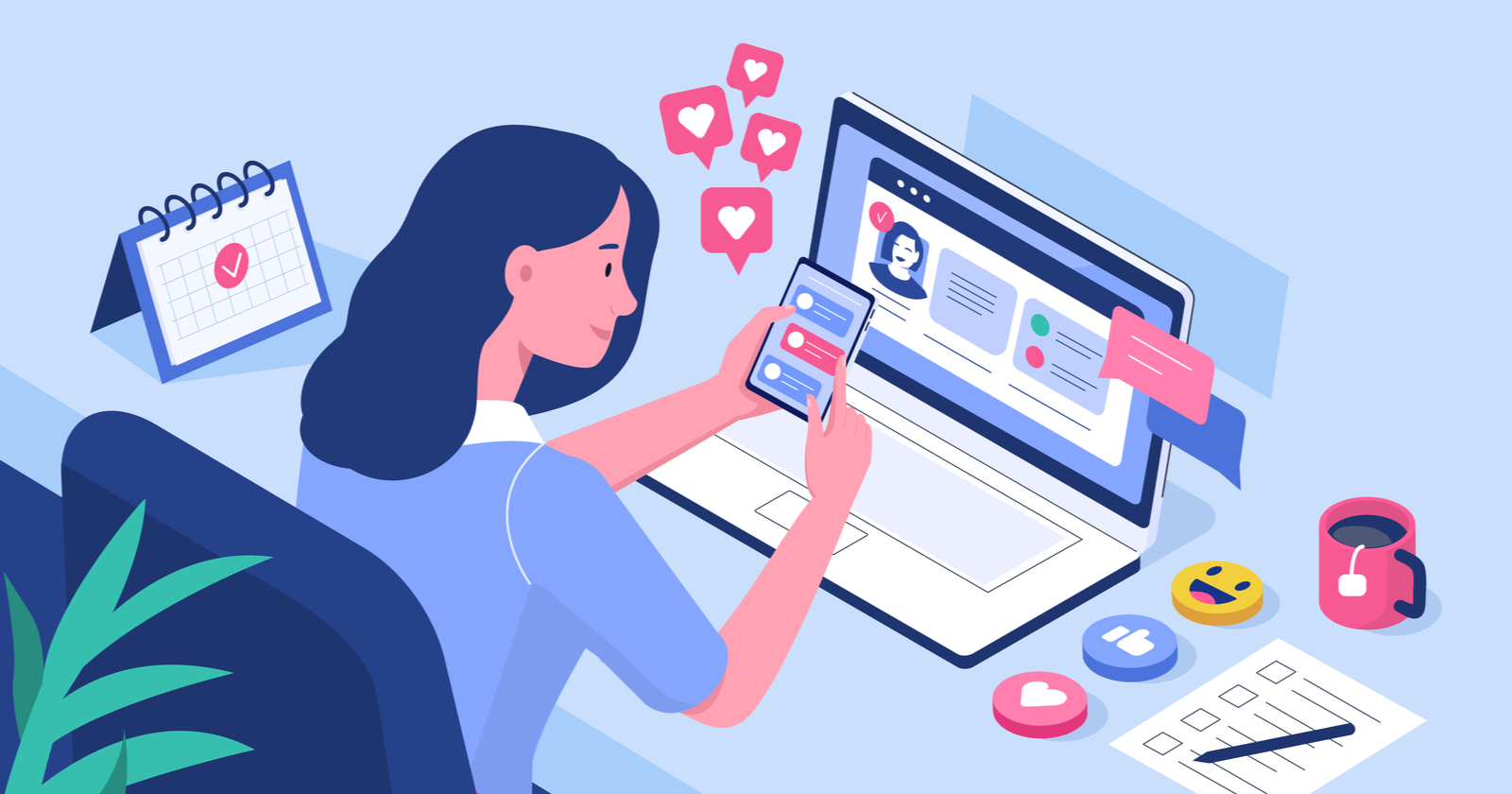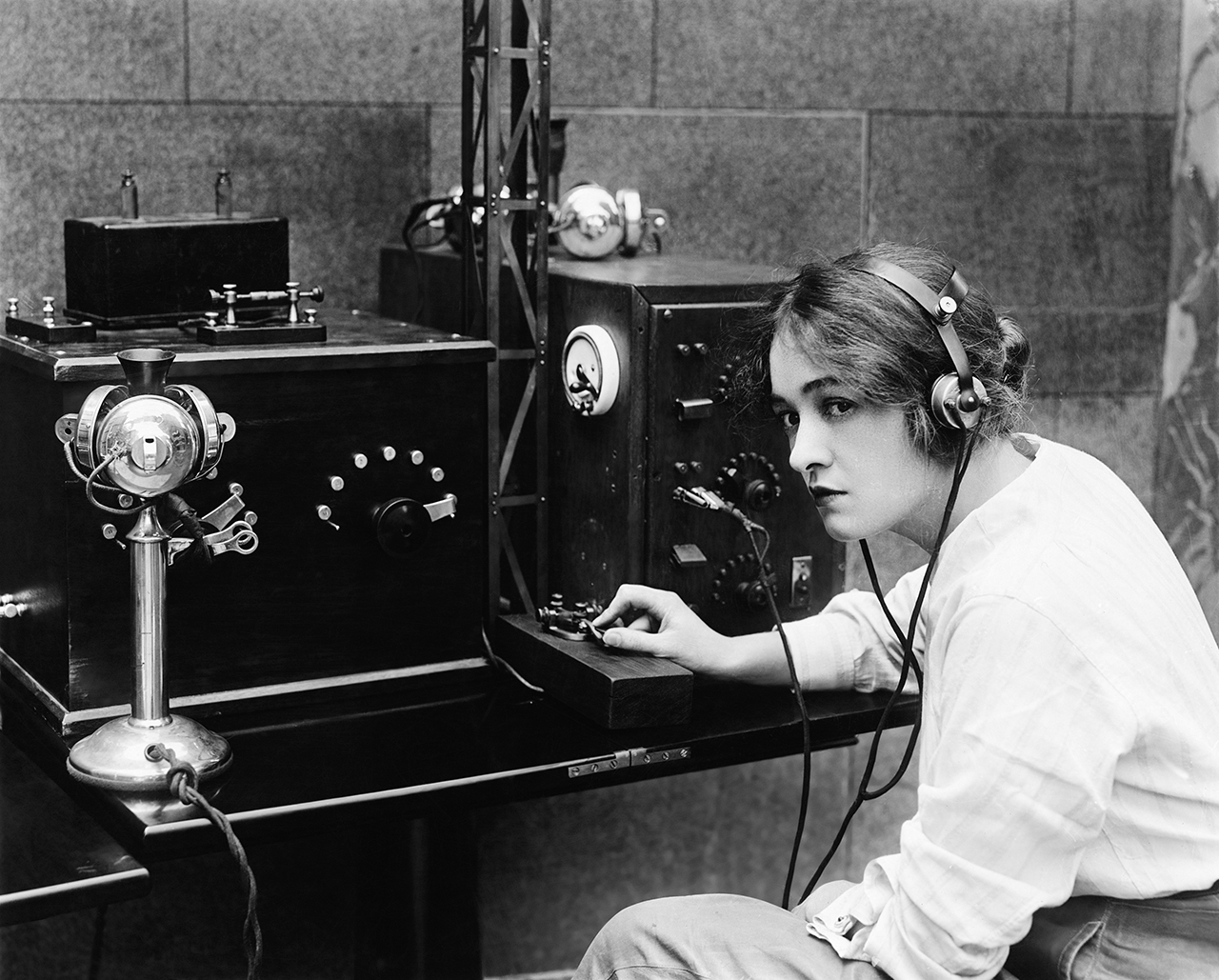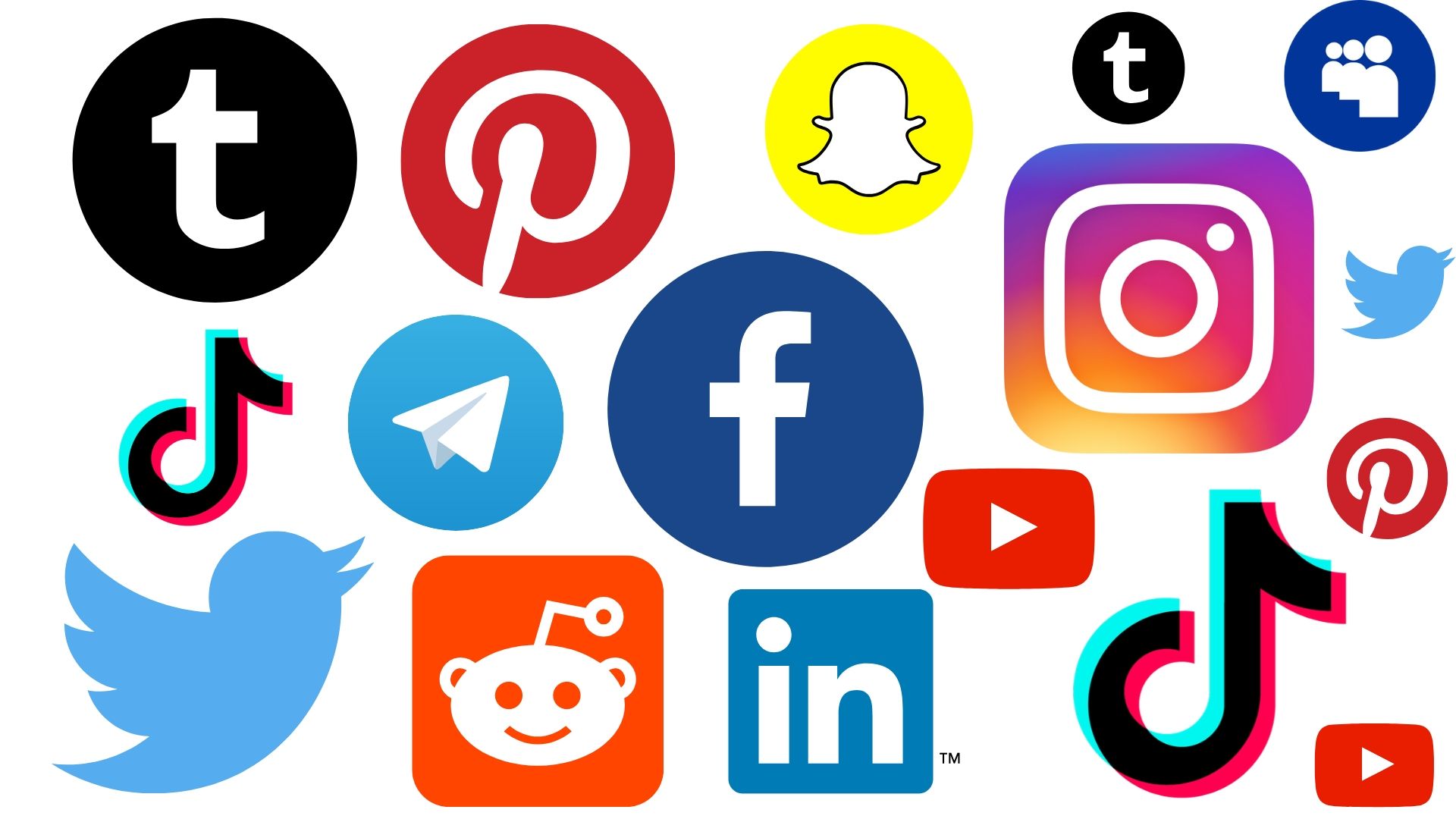History of Social Media
Social media is a collective term for forms of electronic communication (such as websites for social networking and microblogging) through which users create online communities to share information, ideas, personal messages, and other content (such as videos).The use of social media has rapidly grown since the end of the twentieth century and has changed how we communicate with others. There are currently an estimated 4.7 billion users around the world. Social networking sites, such as Facebook, Instagram, Twitter, Snapchat, TikTok, LinkedIn, Pinterest, and YouTube, have had many an immense impact on society by connecting the world and giving a close-up look into each other's lives.
While most of the major social media that are popular today were created and developed during the 21st century, we see the first signs of social media were in 1844 with the telegraph, created by Samuel Morse, used to send messages to Washington D.C. The development of new technology over time, including the telephone, computer, and radio, sparked the revolution of social media.Social media platforms from the beginning of the telegraph have given us a way to virtually connect with others. It has changed the way we communicate with others and the way we brand ourselves.
Social media was created to be a form of instant connection and communication virtually. There is now a multitude of social networking sites and platforms that users and companies can use to share content, connect globally, grow brands, and share information. People are able to find employment opportunities and network on site and are able to acquire remote jobs from the comfort of their own homes. Media platforms also covered dating apps and websites such as Tinder, Hinge, Bumble, Riya, and eharmony. This allows people match with potential love interests and find significant others with similar personalities, interests, and values.
Social media platforms are also a main place of free expression where people can share their thoughts, feelings, and opinions. Although private companies can censor inappropriate content, it is still a marketplace of ideas where people can post discussions and topics of interest. People can find belonging within social media and meet others with similar view, values, and interests. Overall, everyone in the world has become more connected because of social media, and we have reaped the benefits of its creation and updates throughout the years.
Negative Impacts
Although social media was revolutionary for our world and the media, social media also had many negative impacts. Social media has significant effects on the mental health of users. Concerns about the effects of social media on mental health have been emphasized and brought to light in recent years. Many social media platforms have been found to increase rates rates of body dysmorphia, depression, suicidal thoughts, FOMO (fear of missing out), eating disorders, and anxiety. Research has explored the influence of social media and has shown that sometimes it is more hurtful than helpful.
Social Media has also increased the amount of cyberbullying, adding to the effect that social media has on mental health. Harassment and bullying on an online platform has increased especially in an anonymous form. Access to direct contacts of others makes it so dangerous for anonymous bully as well as anonymous threats. Everyone's personal and private information can also be more easily exposed and permanently live on the internet. This causes an increase in stalking, identity theft, fraud, and account hacking. Although, this did increase the strength of cyber security and helped create better media laws on the internet.
Overall, social media is ever-changing and will continue to evolve over the years and influence the way our society runs as a whole. Social media does not discriminate. It is used all around the world by users of all ages, races, religions, etc. Therefore, it affects us all and will continue to integrate into our daily lifestyles.



/mental-health-effects-of-reading-negative-comments-online-5090287-color01-withtext-fa3bcdbbd7384b429ff8942b12ff2109.png)

No comments:
Post a Comment